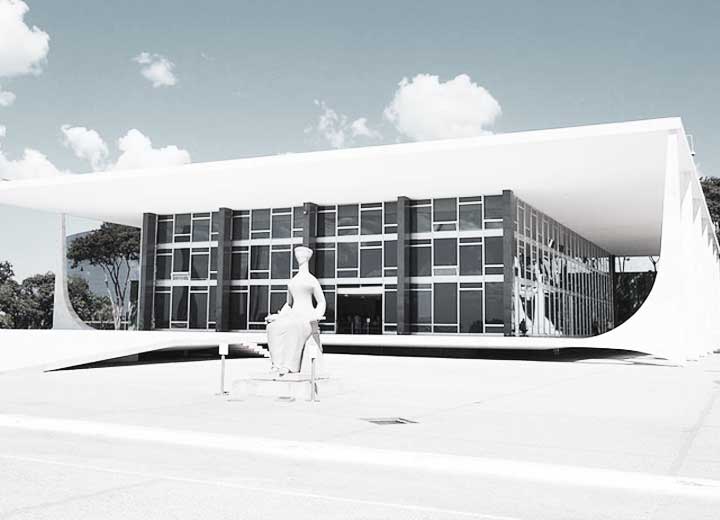Litigation
The Federal Constitution, in article 37, paragraph 5, provides that the statutory limitations periods for unlawful acts against the Brazilian treasury shall be established by law, except for suits for reimbursement. This caveat admitted the emergence of at least three lines of interpretation regarding the absence of any time-bar: it affects any suit for reimbursement to the treasury; it only pertains to suits for reimbursement due to criminal offenses or administrative acts of corruption; or it does not contemplate any kind of action.
A novelty brought in by the New Code of Civil Procedure (NCPC), the chapter regarding partial dissolution of companies presents some controversies that we propose to analyze in this article, as we point out in summarized form below.
Because of its economic and strategic relevance to national security, port activity has always been conducted exclusively by the Federal Government through legal and contractual relations, sometimes marked by conflicts, with concessionaires, permit holders, and other companies authorized to perform public services.
The case law of the Superior Court of Justice (STJ) on the issue of the government’s right to withdraw from an eminent domain action during the course of the judicial proceeding has recently changed. The issue is of the utmost importance, since eminent domain represents a form of suppressive intervention by the State in private property, and its reversal has relevant practical and legal effects.
International transactions, especially those carried out en masse through electronic commerce, and Brazilians’ interactions with foreigners nowadays occur with a similar level of ease as domestic transactions.
The 1973 Brazilian Code of Civil Procedure (“1973 CCP”) adopted as a general rule the service of process via mail, according to article 224, as amended by Law No. 8,710/93. This rule resulted from a change made in the previous system for communicating procedural acts, which provided for service of process through court official.
In April of this year, Brazil ratified the Convention on the Taking of Evidence Abroad in Civil or Commercial Matters. This is one of the main multilateral instruments for international legal cooperation and brings in improvements to the speed and effectiveness of measures to produce evidence abroad. Brazil had signed the Convention in 2008, but its entry into force only occurred with the enactment of Decree-Law No. 9,039, of April 27, 2017.
O Poder Judiciário no Brasil enfrenta, há muitos anos, a difícil tarefa de dar vazão ao crescente número de demandas que ingressam nos tribunais a cada dia. Segundo o mais recente levantamento do Conselho Nacional de Justiça (CNJ), os tribunais brasileiros encerraram 2015 com quase 74 milhões de processos em tramitação – um aumento de aproximadamente 20% em seis anos. Boa parte desses processos tem causas muito semelhantes, ajuizadas de forma separada por milhares de pessoas para buscar a mesma tutela, com base em uma única tese de direito que se repete em todas elas. São as chamadas “demandas repetitivas”.
Pouco mais de um ano após a entrada em vigor do novo Código de Processo Civil, que buscou alinhar as regras procedimentais às diretrizes da Constituição Federal e às expectativas da sociedade, é possível constatar alguns avanços motivados por fatores econômicos na aceitação das mudanças propostas pelo legislador.
The approval of the new Code of Civil Procedure (CPC), which will take effect in March 2016, brings many challenges to be met by those involved in the process.










